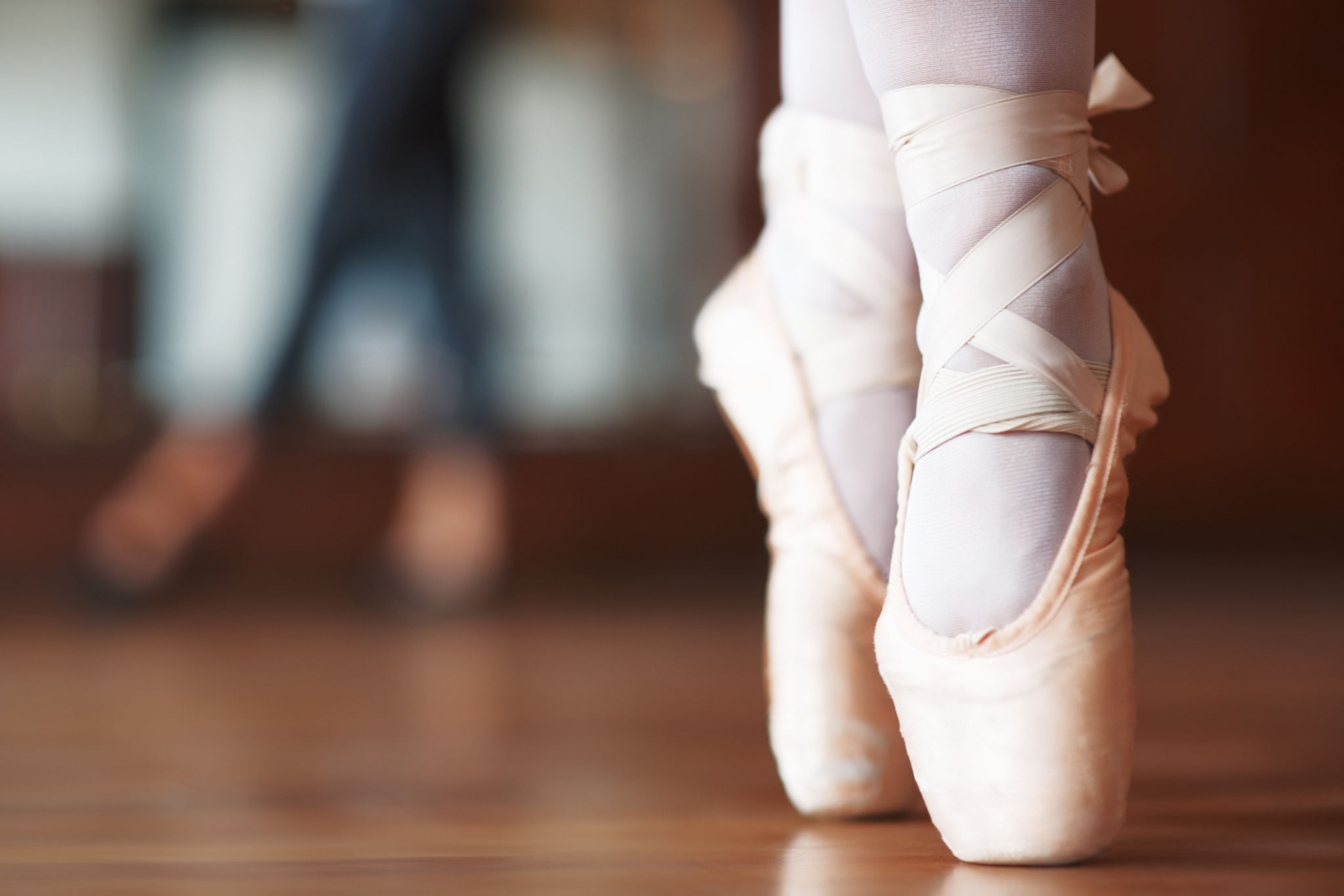Choosing the Perfect Dancewear for Ballerinas: A Comprehensive Guide
Understanding the Basics of Dancewear for Ballerinas
Choosing the perfect dancewear for ballerinas is essential for both performance and practice. The right attire can enhance a dancer's movements, provide comfort, and boost confidence. Whether you are new to ballet or an experienced dancer, selecting the appropriate dancewear is a crucial step in your journey.
Ballet attire typically includes leotards, tights, skirts, and shoes. Each piece plays a significant role in a dancer's performance. While aesthetic appeal is important, the functionality and comfort of each item should be prioritized. Let's explore how to make the best choices for each component of dancewear.

Choosing the Right Leotard
The leotard is a staple in any ballerina's wardrobe. It should fit snugly without restricting movement. When selecting a leotard, consider the fabric; materials like cotton or spandex blends offer flexibility and breathability. The design should reflect personal style while adhering to any dress codes set by your dance school or company.
Color is another aspect to consider. While classic black remains popular, many dancers enjoy experimenting with different hues and patterns. Additionally, some leotards come with built-in support, which can be beneficial for those who prefer not to wear additional undergarments.

Tights and Their Importance
Tights are essential for providing support and creating a streamlined look. They help protect the legs during movement and can add an extra layer of warmth in cooler environments. Tights come in various styles, including footed, footless, and convertible options. The choice largely depends on personal preference and the type of ballet shoes being worn.
When choosing tights, consider their opacity and durability. High-quality tights can withstand frequent use and washes without losing elasticity or color. It is also important to select a shade that complements your skin tone or matches your leotard.

Skirts and Their Role in Ballet
While not always required, skirts can add elegance to a dancer's ensemble. They come in various lengths and styles, from short wrap skirts to longer romantic tutus. The choice of skirt often depends on the type of performance or rehearsal setting.
Skirts should be lightweight and not hinder movement. Chiffon and tulle are popular fabric choices due to their ethereal quality. When selecting a skirt, ensure it complements your leotard in both color and style.
Selecting the Perfect Ballet Shoes
Ballet shoes are perhaps the most critical component of dancewear. They must fit perfectly to support the dancer's feet and allow for proper technique execution. There are two main types: soft ballet shoes and pointe shoes.
Soft ballet shoes are typically worn by beginners or during practice sessions. They should be fitted snugly but not too tight. Pointe shoes, on the other hand, require professional fitting to ensure safety and optimal performance. It's essential to try several brands and styles to find the best fit for your foot shape.

Accessorizing Your Dancewear
Accessories such as hairnets, headbands, and leg warmers can add flair and functionality to your dancewear. Hair must be kept neatly secured for class or performance, so consider using bobby pins or hair ties that match your hair color.
Leg warmers are useful for keeping muscles warm before or after practice. They come in various colors and lengths, allowing dancers to express their style while maintaining comfort.
Maintaining Your Dancewear
Proper care extends the life of your dancewear, ensuring it remains in optimal condition for performances. Follow these tips to maintain your items:
- Wash leotards and tights in cold water and lay flat to dry.
- Avoid using fabric softeners as they can affect elasticity.
- Store ballet shoes in a breathable bag to prevent odor and damage.
By taking good care of your dancewear, you can focus on perfecting your movements without worrying about wardrobe malfunctions.
